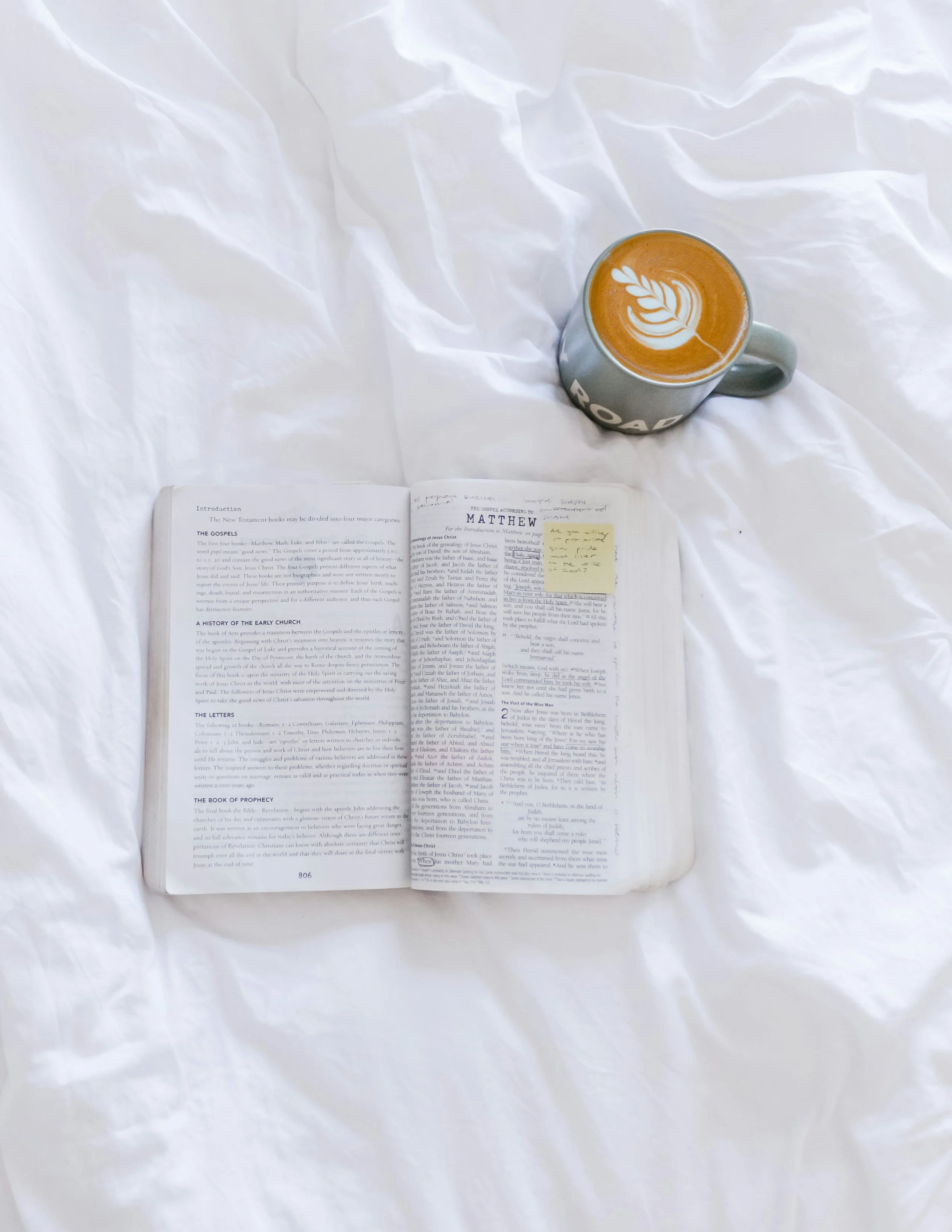““I am the vine; you are the branches. If you remain in me and I in you, you will bear much fruit; apart from me you can do nothing.””
We’ve spent the past month talking about slowing down—about breathing, pausing, and trusting God with the parts of life that feel like too much. But rest isn’t just about stopping; it’s about what grows when we do.
When we finally choose to rest, we start to notice something remarkable: fruit begins to form quietly in the stillness.
Peace replaces hurry.
Joy returns where anxiety once lived.
Patience grows in places we thought were barren.
And our hearts begin to soften again—toward God, toward others, and even toward ourselves.
“Rest isn’t the absence of work—it’s the presence of peace.”
The Fruit That Comes From Abiding
Jesus said that when we remain in Him—when we stay close, connected, and rooted—that’s when the fruit comes. We can’t force growth, just like we can’t make peace appear on command. But when we abide, when we rest in His love, fruit grows naturally.
Rest produces fruit that hustle never could. It creates space for spiritual depth, emotional healing, and genuine connection. It helps us move from surviving to thriving—because we’re no longer running on empty, but overflowing from His strength.
A New Kind of Productivity
The world measures success by output. God measures it by intimacy.
In His kingdom, productivity looks like patience. Success looks like faithfulness. Rest looks like trust.
Maybe that’s why Jesus could nap in the middle of a storm—because His peace wasn’t tied to what was happening around Him, but to who He was anchored to.
“When we rest, we remind the world that peace isn’t earned—it’s received.”
A Simple Step This Week
As you prepare to turn the corner into the holidays, take time to look back over this month and ask God what He’s been cultivating in you.
Pause and reflect. What fruit has rest produced in your life this month—peace, patience, gratitude, clarity, or healing?
Celebrate small growth. Write down one way you’ve seen God move in your heart through this journey.
Pray forward. Ask God to help you carry this rhythm of rest into the next season.
Reflection Questions
How has practicing rest changed the way you see your relationship with God?
What new fruit is beginning to grow in your life as a result of slowing down?
A Prayer for Fruitful Rest
Father, thank You for teaching me to slow down. Thank You for meeting me in the quiet and showing me that rest isn’t wasted—it’s where You do Your deepest work. Help me to remain in You so that my life bears fruit that lasts. Let peace, joy, and gentleness overflow from my time with You. In Jesus’ name, amen.
✨ Your Turn: What fruit have you seen from choosing rest this month? Share in the comments so we can celebrate together! And as we step into the busy holiday season, remember this truth: when you stay rooted in Christ, your soul will flourish—even in the busiest seasons of life. 🌻






